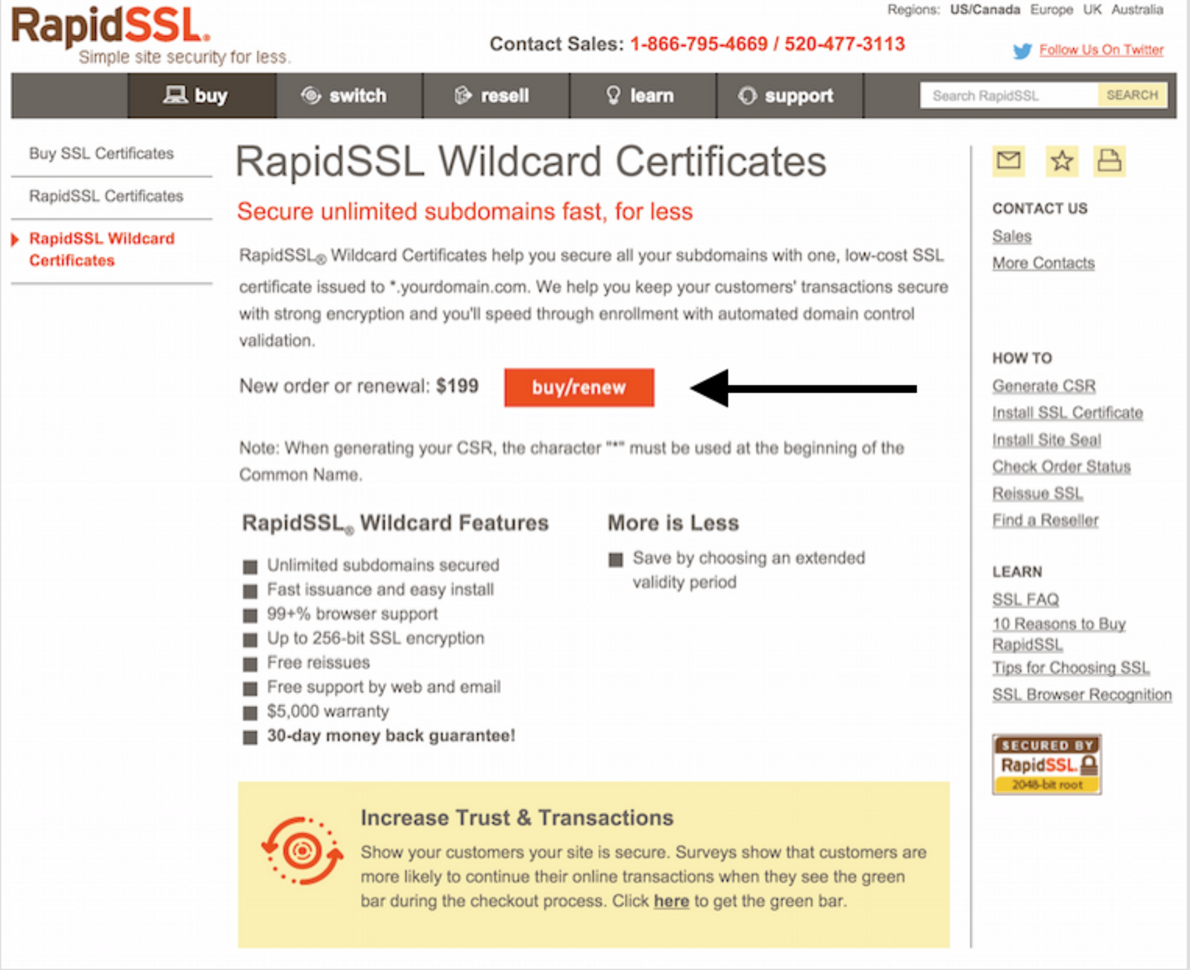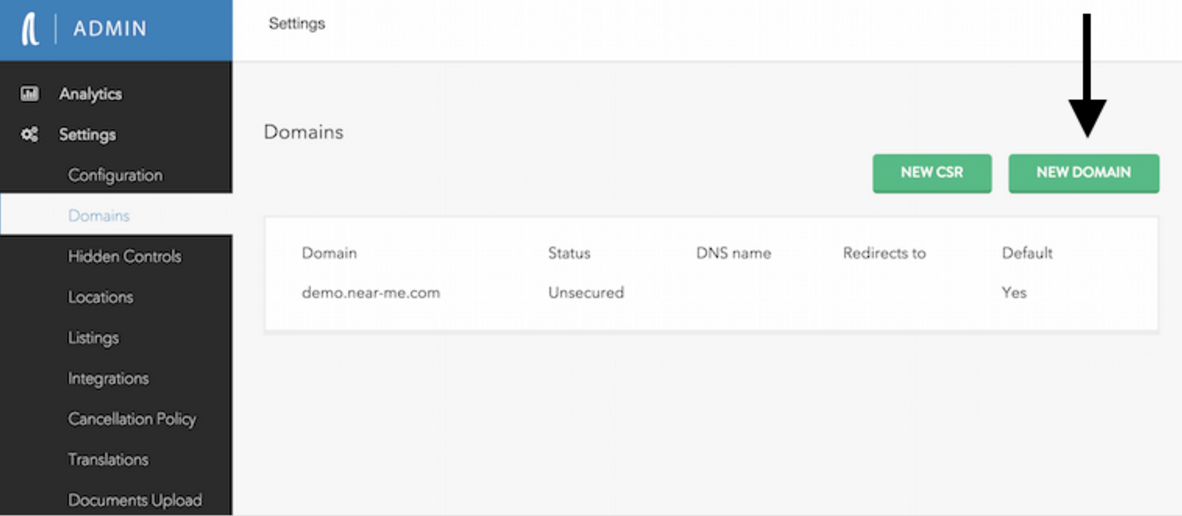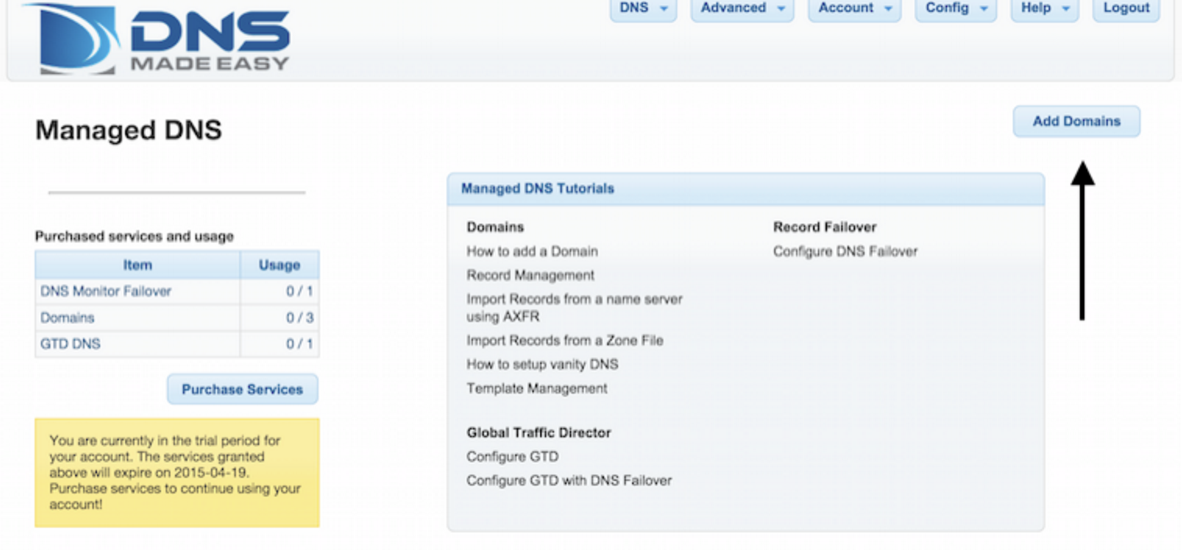The Backend Jedi: Magic Behind Marketplaces!
Chitra Rajan | March 18, 2016


The backend of Near Me is built on the cohesive combination of DNS, SSL elastic load balancers and application servers. Let me break up these heavy words into simpler terms: without DNS, the Internet as we know it today, would collapse. Engineering in the modern day is perceived to be extremely fast-paced, from sending emails to news, retail to music, and everything that we imagine is so easy to connect with. How is that possible? It’s the DNS!
Connecting the dots:
Computer systems are connected with several networks that use strings of numbers known as IP (Internet protocol) addresses. When a user types in www.near-me.com, for instance, the browser and OS determines the IP address, which pushes the search to servers when it’s unavailable in the cache. Think of this like looking up a person’s phone number in the telephone directory. It’s easy to remember a name, hard to remember a big long number.
When a Near Me customer logs on to their website, let’s say, https://abc.near-me.com, there is an interaction between the web browser and the ISP. The customer’s computer connects to https://www.abc.near-me.com and interacts with the host server via an SSL certificate. An SSL (Secure Socket Layer) provides an authority, through which an encryption ‘conversation’ takes place. Usually, when logged into the secure server, you tend to notice icons like: a lock, a green browser bar, a thumbs up or a reassuring symbol.
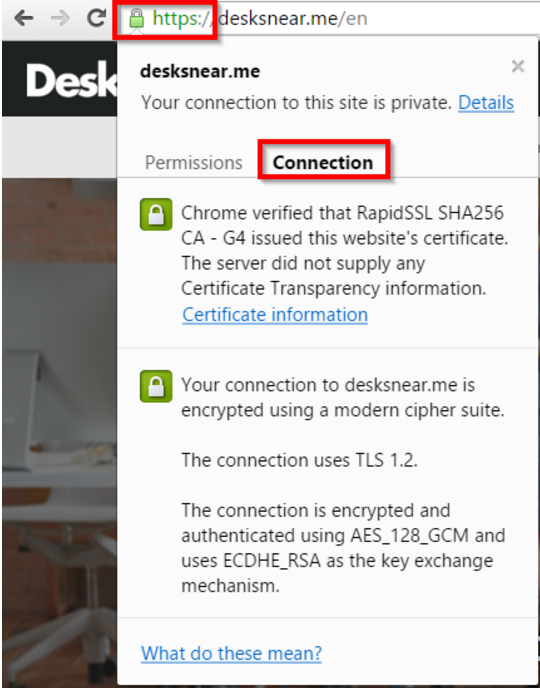
Once the data flows in, regular scrambling and descrambling occurs between the computer and server. The best advantage provided by the SSL certificate should be ensuring: the credit card number, shipping information and order is secure and safe in the marketplace. In a nutshell, the SSL certificate provides a safe environment for trading. If a customer feels safe, they’ll feel more comfortable doing business with the MPO on the web!
The complete guide to DNS-SSL-AWS integration, made easy:
Let’s get into the real back and forth operations between the server and monitor. Layering this process, we talk about the DNS-SSL-Server. Using AWS (Amazon Web Services) as a computing platform, traffic from the web is being directed to various servers. Note that this is absolutely component driven.
Having a quick bird's eye view of setting up these elements in a marketplace, within the Near Me Marketplace Admin console, you can generate a CSR (Certificate Signing Request) which you then use to purchase a WILDCARD SSL certificate.
Details on this step can be read here.
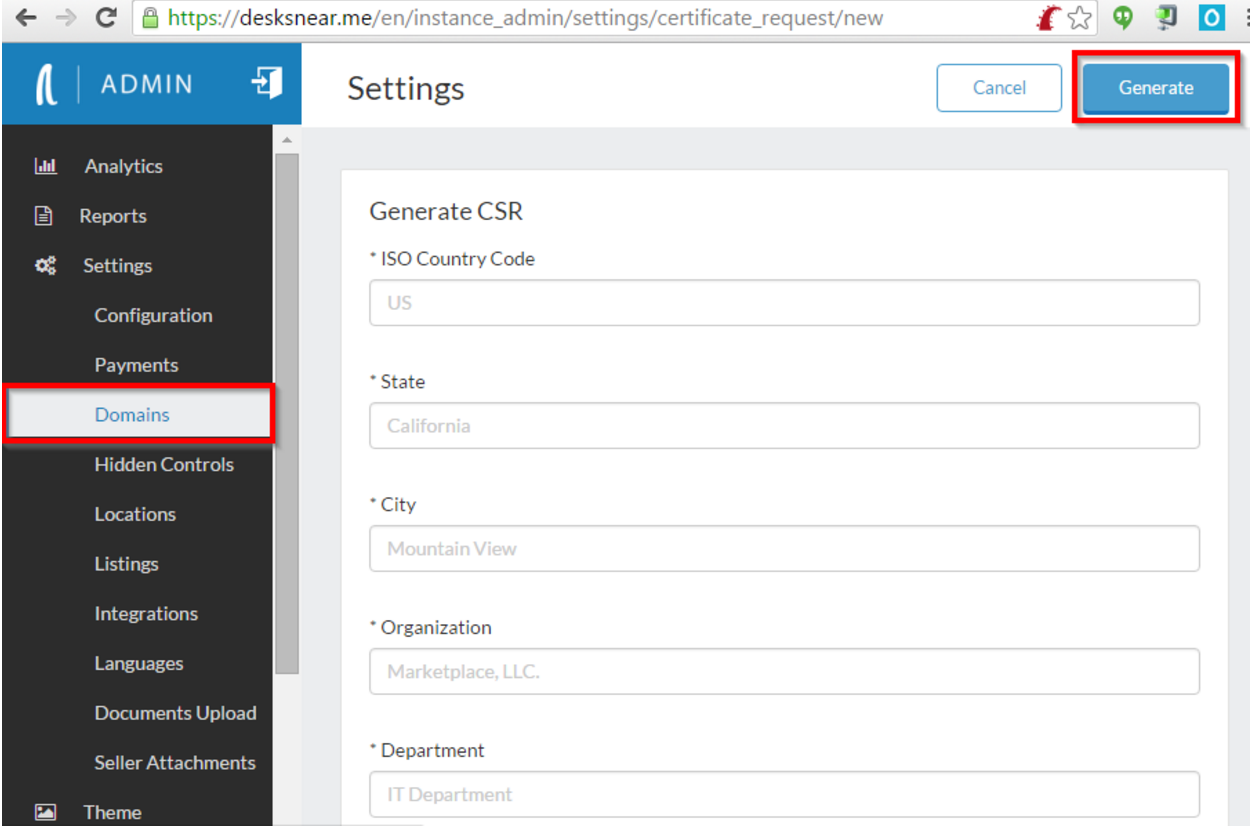
Near Me gives you an easy process to set up SSL in your marketplace so you can save yourself from all the hassle. Once you have your Wildcard SSL, you apply it to the domain that you need to make secure. Easy in a push of a button, like I said.
Moving forward. To setting up an SSL, or rather purchasing your very own RapidSSL Certificate, here are the easy peasy steps to be followed:
Seems to be easy, right? Speaking of user friendly solutions, ever thought of a seamless elastic load balancer for every unique top level domain name with an SSL certificate? Dang! That’s what Near Me has got to offer! Also, this is a unique factor that sets us apart from the rest of our opponents!
Ramping up to step 3, the user establishes a “Fully Qualified Domain Name” or FQDN. An important note is that a domain name is created either for a www. web address or domain.com.
Once the DNS is set up, all that is left is to create a secure configuration. This process is to configure DNS with DNS made easy. Also, DNS made easy provides better value and performance in comparison with other traffic detectors.
The final setup is done by adding the SSL certificate details to a domain hosted by Near Me, that will automatically create an Elastic Load Balancer on AWS. Essentially, Near Me generates a CSR from the administration which leads to buying SSL Wildcard. We recommend rapid SSL. In a click your work is done to deploy a load balancer to the AWS. This links a Web server firm to our load balancer. This is highly scalable.
There is a clear cut connection: DNS serves like a directory. SSL is the security. The load balancer stores SSL certification and also provides a fully scalable device. In my opinion, these functionalities being explained is intriguing in a way that even a person who isn’t familiar with the technical jargons and process is now debriefed with the mechanisms.
Enough to get you started for creating your own marketplace? Lookout for more news and insights shortly! If you have any thoughts or questions, please leave a comment!
Interested in knowing more about partnering with platformOS?
Ensure your project’s success with the power of platformOS.
